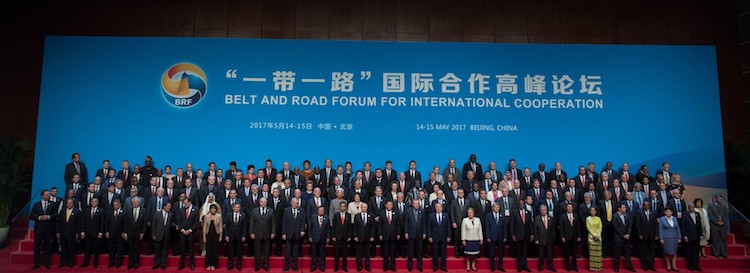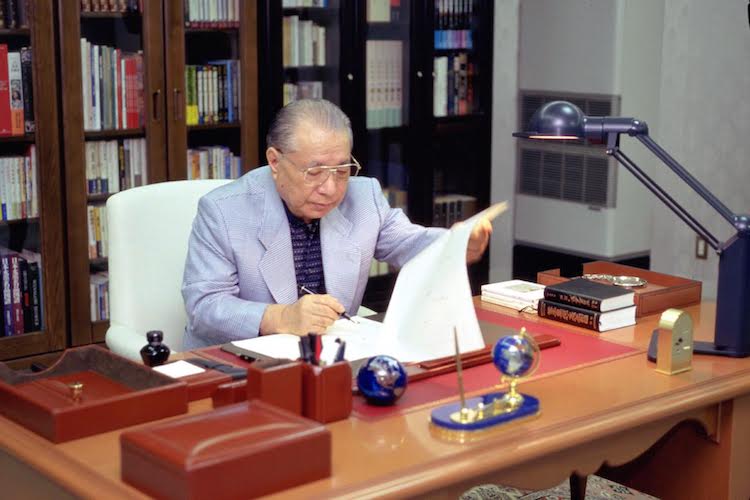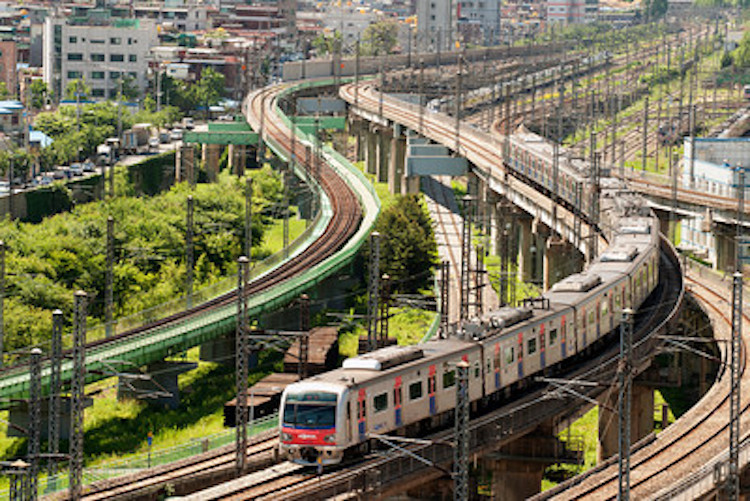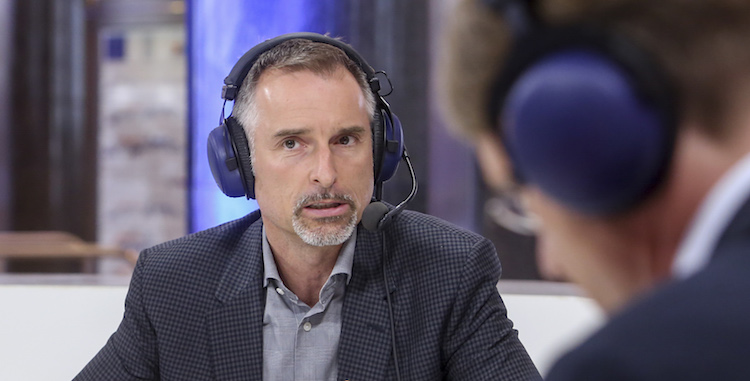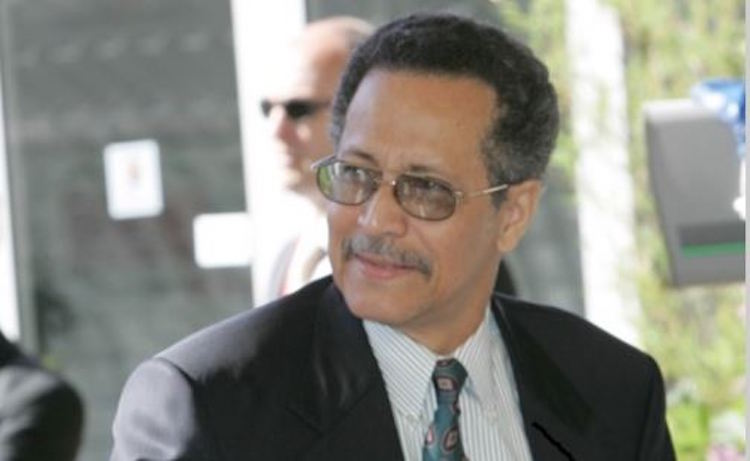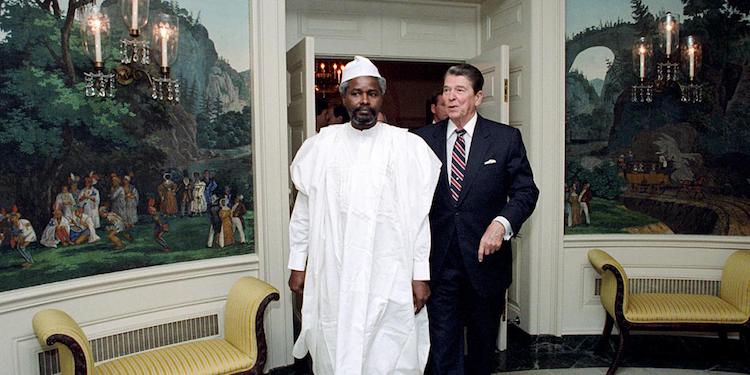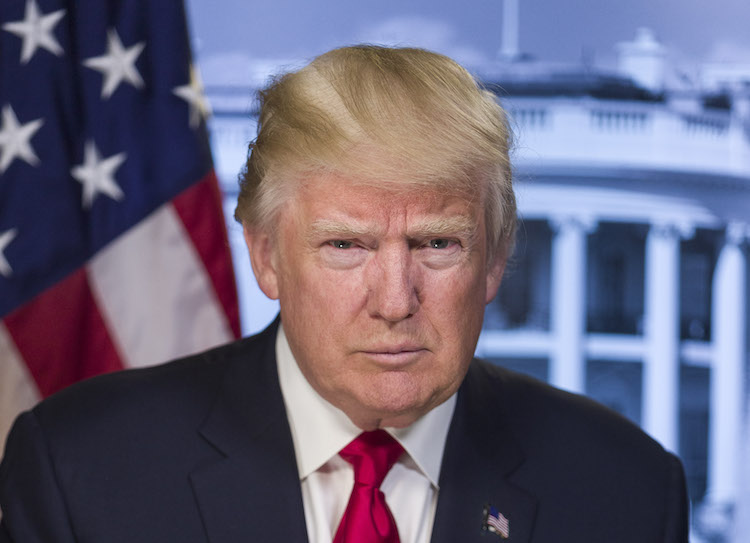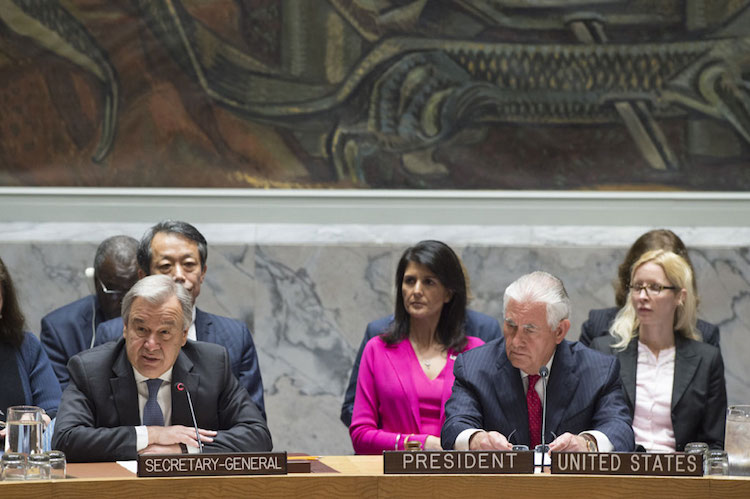By Bradnee Chambers
Dr. Bradnee Chambers is Executive Secretary of the Convention on the Conservation of Migratory Species of Wild Animals (CMS) an environmental treaty under the aegis of UN Environment. Below are excerpts from his keynote address at the side event on 17 May in the margins of the UN Climate Change Conference in Bonn. – The Editor
BONN (IDN-INPS) – The 2030 Agenda for Sustainable Development and the Paris Agreement on Climate Change are ground-breaking and highly synergistic agreements. Together they provide a vision and an agenda for shared prosperity and peace on a healthy planet.


